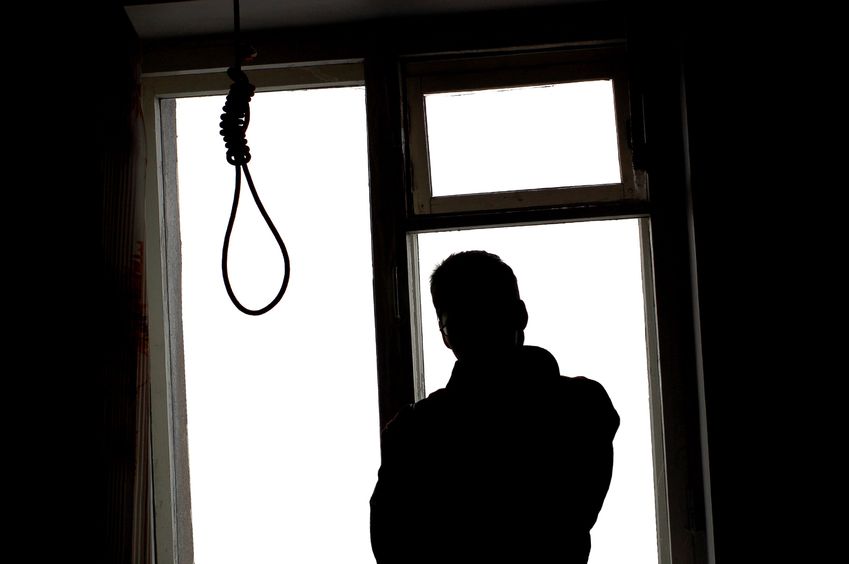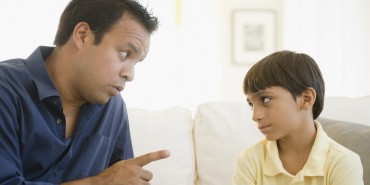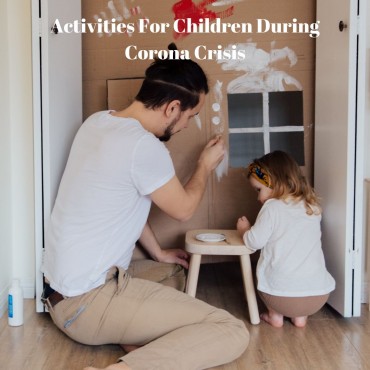Being a parent to a 21st century child comes with its share of opportunities and of course, challenges. For example, we never thought that one of the worst fears we would face as adults is the presence of the “blue whale” in our world! Yes, there was a time when an apple or a whale were associated with fruits and sea life respectively. Today they threaten to become words in a dictionary for the sheer impact created and in the case of the blue whale, not a very positive one! It is a given that the world we grew up in is very different from the world our children are growing up in and it is a fact that we have little or no knowledge of what the future will be like for them. As parents, we need to recognise that few things remain in our control and it has to do with the power of communication. We may not have all the answers and all the solutions for the future but we will always have the ability to engage with our children and share reflections from the lessons we have learnt about how to deal with situations, hopefully basis of our own experiences. This wisdom is precious!

I have often been amazed how as adults, we hope that our children imbibe all the right values yet we spend little time educating them – for example, statements like, “You don’t value life”; “You don’t understand the value of money” or “You know how hard I have had to work for this?” become a part of a parent’s resource bank when communicating. But have you ever wondered if you shared with them what that means? If you have always provided your child a car and driver and the child has never experienced the use of public transport, his or her expectation will have based on what he/she has been used to. Then if it becomes over indulgence on their part, without any stops or checks on your part, are they to be blamed? or are you? Look back at your own childhood – did you really understand when your parent said, it was too expensive? Maybe you did, but times were different then. As children, we accepted a lot more because we were not given a rationale or an explanation to begin with. Children today are taught to question, “find out”, probe and that is an expectation we have set for them. If we have encouraged them to think, we also need to play our part and expose them to what reality really is. And this means we need to demonstrate it but allowing them to fall at times, make mistakes, cry a little, risk a little and fail. These experiences enable them to understand that in life, there is no perfect answer unlike an examination. They will have to experience a bit of “grey” to understand that it isn’t always about black or white. They need to experience how to think through consequences, understand “cause” and “effect” and also how to help themselves when faced with adversity. Unless a person spends time working and earning money, it is impossible to understand its value. When you go through a day of work with discipline, boss’s tantrums, peer pressure, executing a task and being rewarded money at the end of the day for your efforts, the value of money is understood. That is when the penny drops, the statement, “Do you know how hard I have worked to make this money” will make sense for them.
What I have described above is simply teaching our children to cope with life. The Blue Whale won’t interest them then, because they have had conversations with us, shared their feelings, their insecurities, worked out that they need help or guidance …… the conversations that you have with your children should therefore be focused on sharing experiences – how you address your own anxiety, nervousness at work or socially, how you learn to manage your emotions from extreme frustration to extreme happiness, and how you learn to deal with obstacles, how you empower those around you, how you emerge more confident etc. If children have this support system in us as parents or in their schools, they will not become victims to these online games simply because they will be secure.
When parents get worried that their children are exposed to swear words, I tell them they should not be. It would be abnormal not to know they exist. It is up to us to explain to them what they represent and what are the consequences are when these words are used. Remember when our children were little and they spat out food that they didn’t like at age 10 months? We didn’t get embarrassed then? So why get upset when our children experiment as they grow older? If we taught them that isn’t the way to say no when they were 10 months, we surely can guide them when they are older. Isn’t it easier as they have developed more?
For me personally, sharing experiences with children and empowering them is the way we power ourselves as parents. We may need to reflect closely on our own actions and work out how much of these can our children mirror? Are we good enough as role models for them? And are we as adults capable of having these conversations?

























































Comments